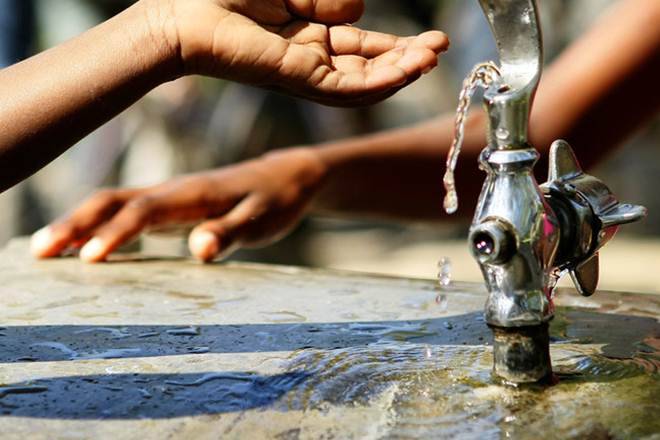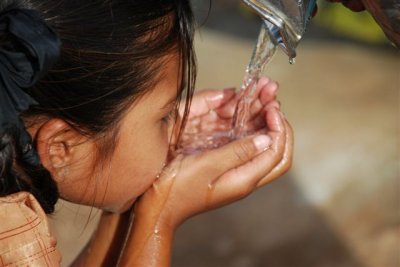The World Bank (WB) and Japan announced they are preparing a plan to help Egypt develop its drinking and waste sewage systems, especially in poor and remote villages.
The Holding Company for Water and Waste Water said only 15 percent of rural areas and 70 percent of Egyptian towns and villages have sanitary drainage systems.
David Craig, the World Bank country director for Egypt, Yemen and Djibouti, said the Bank is keen on making sanitary drainage services available in rural areas in Egypt to protect children from disease.
Craig said he believes water to be a priority of the Egyptian government. He expects a considerable percentage of the state’s investments in the coming five years to be allocated to potable water and sanitary drainage projects.
Craid added that the World Bank gave a US$120 million loan to Egypt last January in order to develop sanitary drainage networks in the north Delta.
The Japanese Development Fund is providing a grant for developing sanitary drainage in rural areas, according to the Japanese Ambassador to Egypt.
Sixty villages, with an average population of 1000 people each, will directly benefit from the grant, said the ambassador, who added that the project targets smaller villages.
Abdel Qawi Khalaf, head of the Holding Company for Water and Waste water, said Egypt has around 4617 villages and 27,000 limited communities that do not receive proper sanitary drainage services due to their high cost. He added that the help of the World Bank and Japan is of great value.
Khalaf said the Japanese grant intends to present a model for planning sanitary drainage systems, improve local skills and develop the private sector’s capacities.
Translated from the Arabic Edition.




